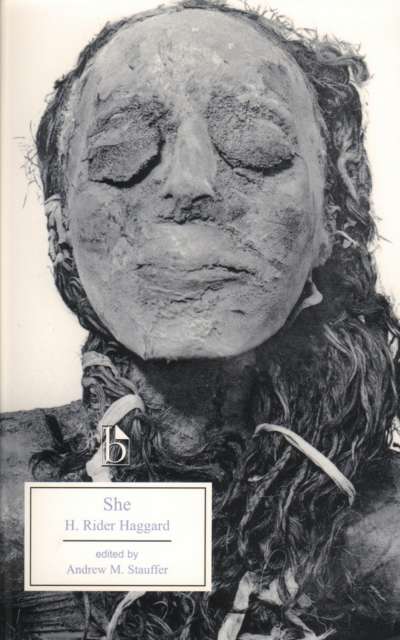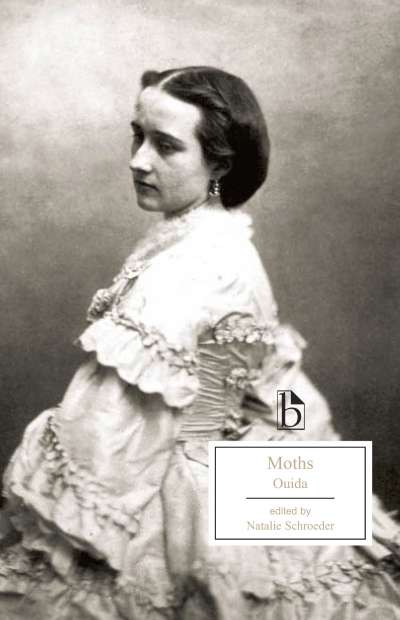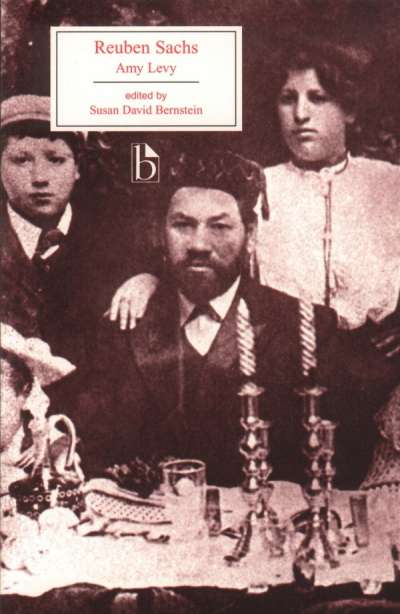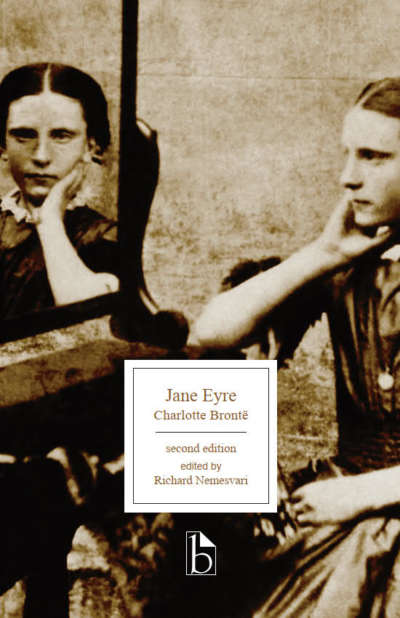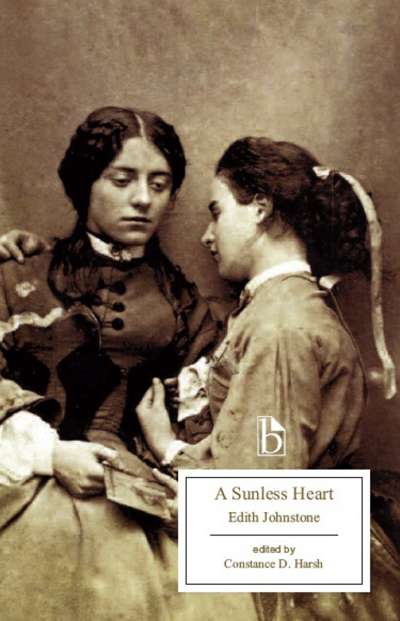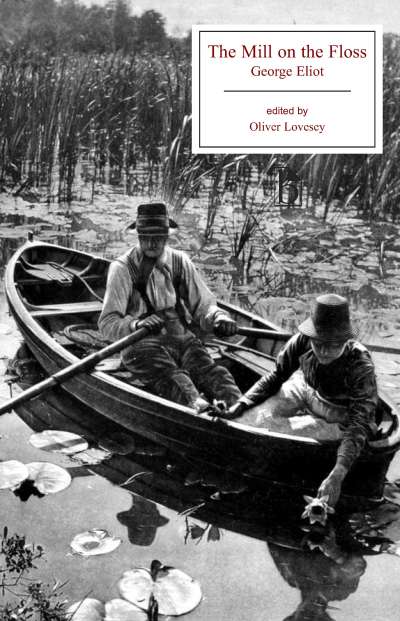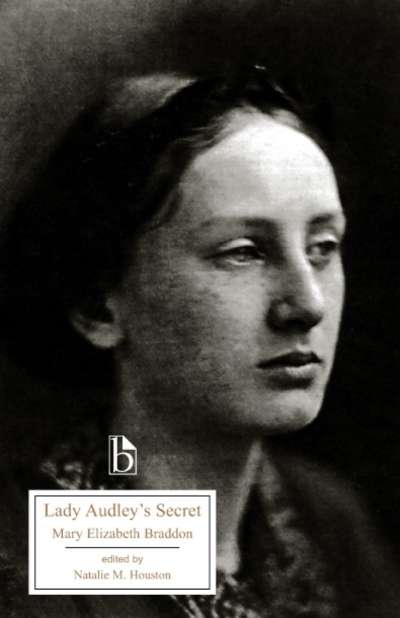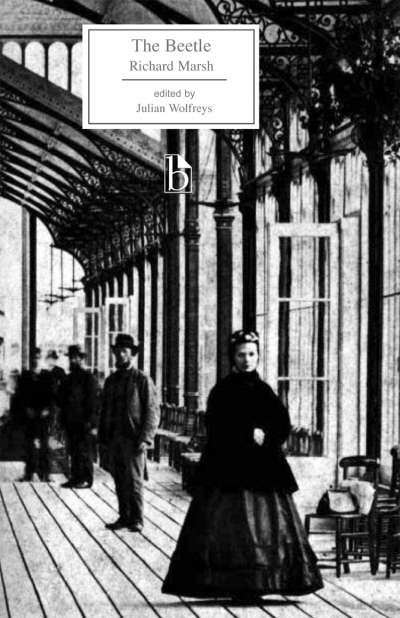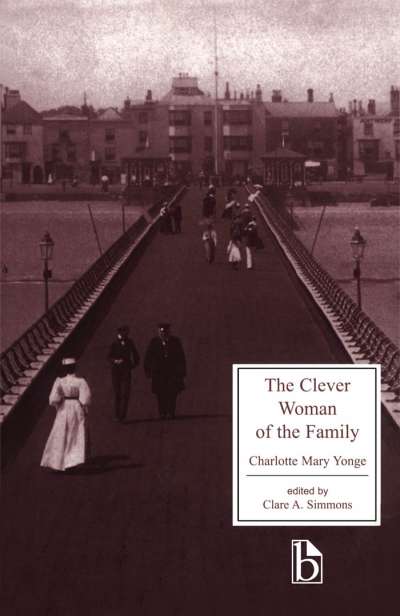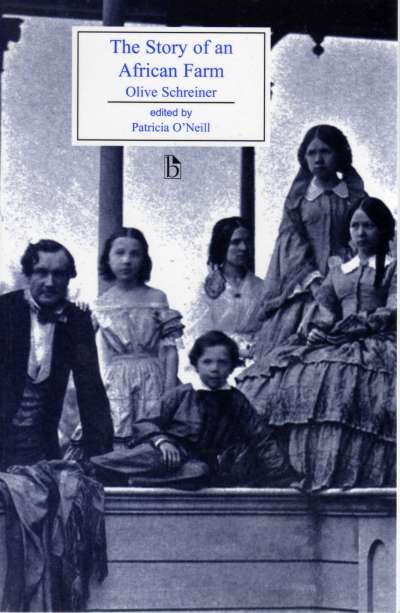Dinah Mulock Craik’s The Half-Caste concerns the coming-of-age of its title character, the mixed-race Zillah Le Poer, daughter of an English merchant and an Indian princess. Sent back to England as a young girl, Zillah has no knowledge that she is an heiress. She lives with her uncle Le Poer, his wife, and two daughters, and is treated as little more than a servant in the household. Zillah’s situation is gradually improved when Cassandra Pryor is employed as a governess to the Le Poer daughters and takes an interest in the mysterious “cousin.” Craik explores issues of gender, race, and empire in the Victorian period in this compact and gripping novella.
This Broadview edition is enriched with relevant contemporary contextual material, including Dinah Craik’s writing on gender and female employment, British views on the biracial Eurasian community in India, and writings on the Victorian governess.
For an excerpt from the appendices of The Half-Caste, please see our blog post: Instructional Treatise from A Book for Governesses.
Comments
“Melissa Edmundson has supplied a most useful addition to the literature of Victorian empire and race. Craik’s story is supplemented by excerpts from Philip Meadows Taylor’s novel Seeta along with a story by William Browne Hockley, ‘The Half-Caste Daughter.’ These texts are supplemented by well-chosen supporting materials delineating attitudes toward ‘Eurasians’ in nineteenth-century India, and together they create a rich context for understanding Craik’s often overlooked novella. Edmundson shows how Craik’s work confounds the usual binaries and prejudices of the period even as it creates a sympathetic governess character. This edition would make a fine pairing with Jane Eyre or with Kipling’s Plain Tales from the Hills in an undergraduate course on Victorian empire.” — Mary Ellis Gibson, University of Glasgow
“The Half-Caste is a timely and well-contextualized edition of a fascinating work of fiction. The editorial material sheds light on the broader cultural importance of the story’s many threads, including the role of the British Empire, the ‘Eurasian Question,’ and the place of the Victorian governess and work for women.” — Karen Bourrier, University of Calgary
“This edition of Dinah Mulock Craik’s long neglected 1851 novella makes a fine contribution to the scholarship on Victorian studies on empire and race. Melissa Edmundson’s ample introduction provides clear biographical, historical, and cultural background to situate Craik’s life and her fiction within the complexities of views about the Eurasian woman, British identity, and colonial power. Deft summaries, expanded by a rich assortment of supplementary materials, point to the frequency with which Victorian authors addressed the fraught gender and race issues the Eurasian woman emblematized and prove that Craik’s The Half-Caste, with its progressive narrative about cultural merging, struck a decidedly different note. Additional materials assist in categorizing The Half-Caste with that other predominant nineteenth-century genre, the governess novel. Comprehensive explanatory footnotes and an informed and wide-ranging bibliography tempt the reader for future critical (as well as fun) reading. Edmundson ensures her own audience hears Craik’s strong voice about the period’s significant contemporary issues and more than demonstrates her own admiration for this important Victorian woman author.” — Joellen Masters, Boston University, co-editor of The Latchkey: A Journal of New Woman Studies


